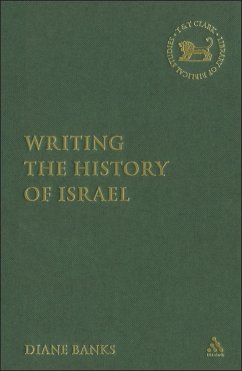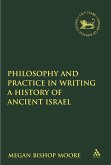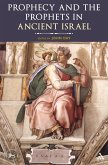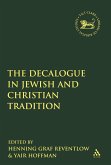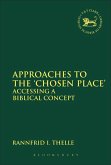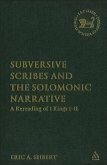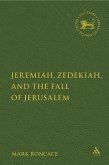No biblical historian is included in the standard dictionaries of historians. Banks' study examines the boundaries as well as the links that exists between history writing in biblical studies and the practice of history in university departments of history. She argues that while the influence of the profession of writing history is apparent, there are countervailing forces as well. The presupposition that the Bible is a book of history conditions the outcome of historical research in biblical studies. Banks argues that Julius Wellhausen's history of Israel set in motion the general tendency toward ever greater congruence between historiography in biblical studies and in academic departments of history; that the initial tension caused by Wellhausen's work produced a reaction which effectively stalled the movement toward accommodation between secular, academic history and biblical studies; and that a new generation of scholars applying the methods used by secular historians has revived and continued the tendency to promote the practice of secular, academic historiography in biblical studies. Banks applies her method to Wellhausen, Martin Noth, John Bright, and Thomas Thompson.
Bitte wählen Sie Ihr Anliegen aus.
Rechnungen
Retourenschein anfordern
Bestellstatus
Storno

